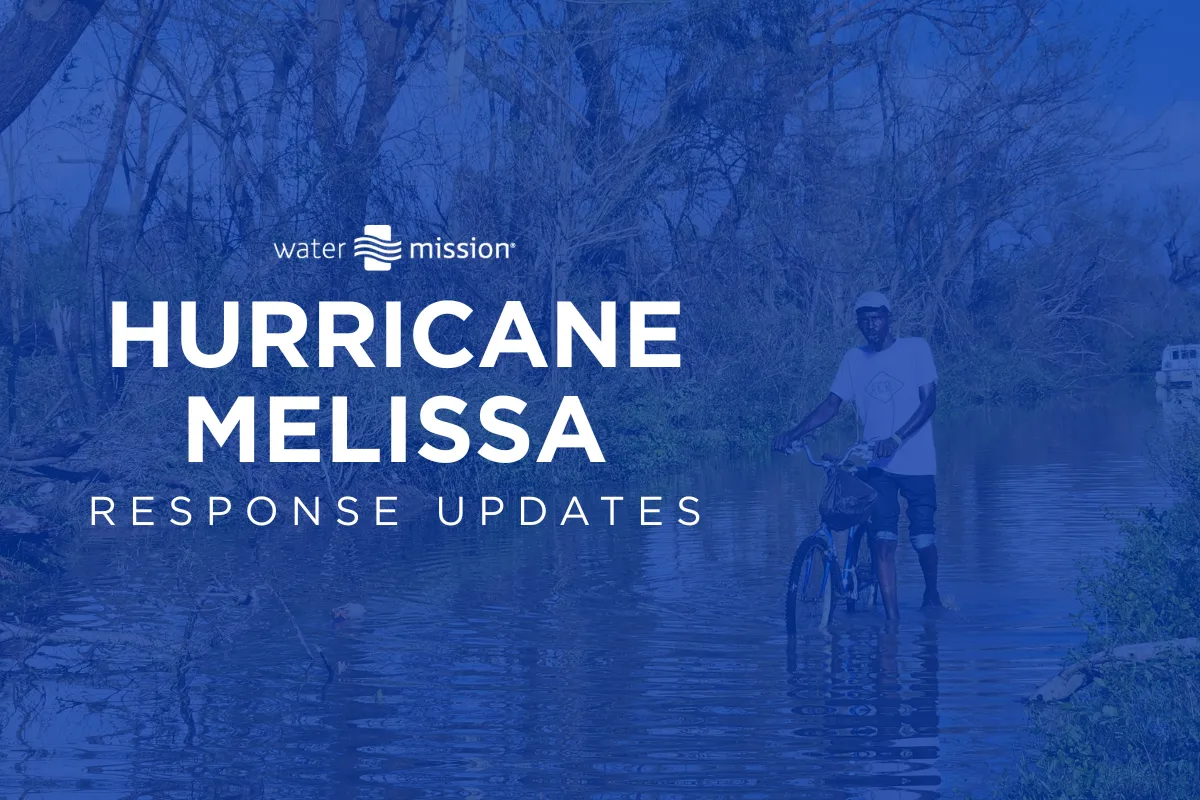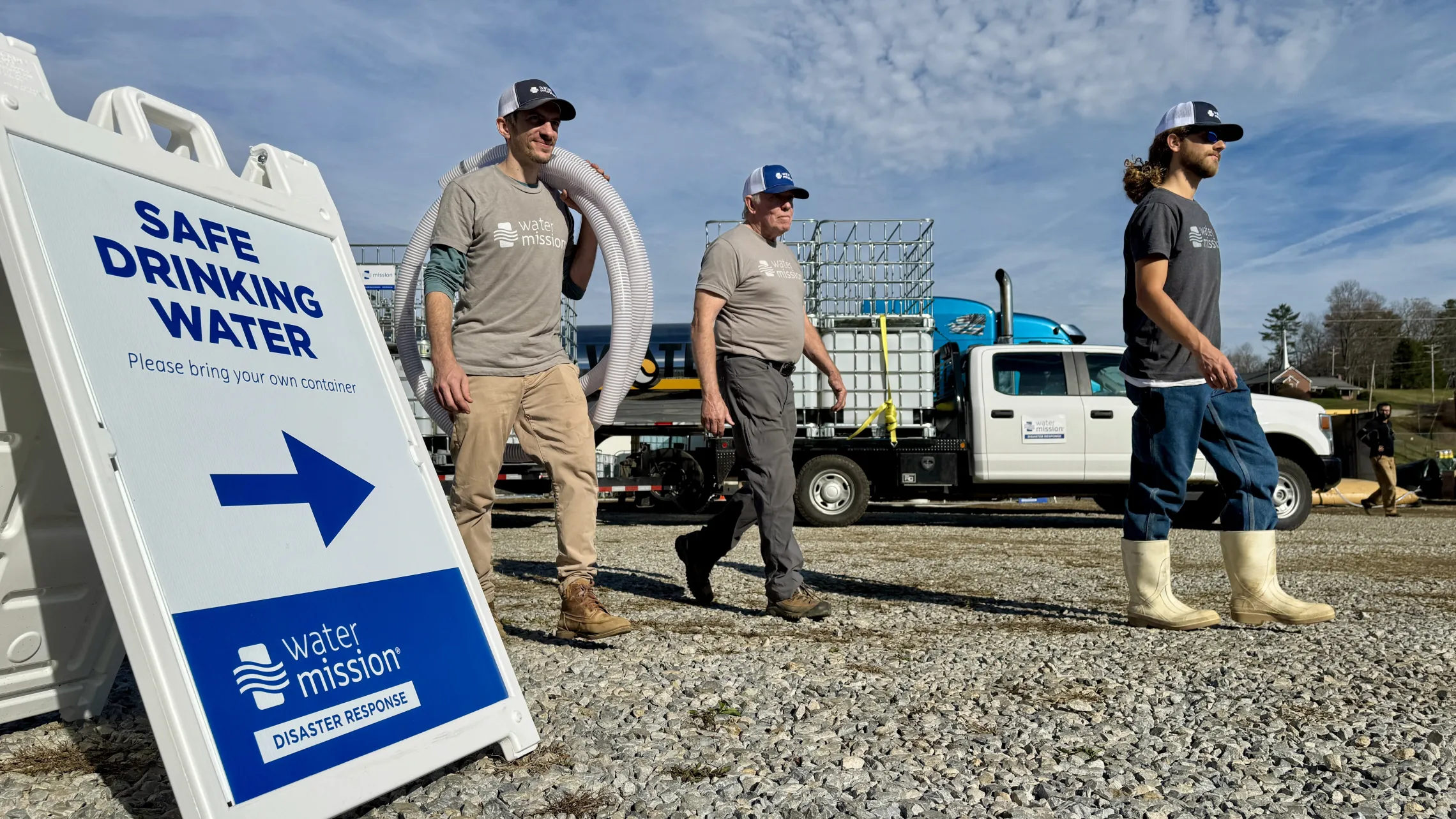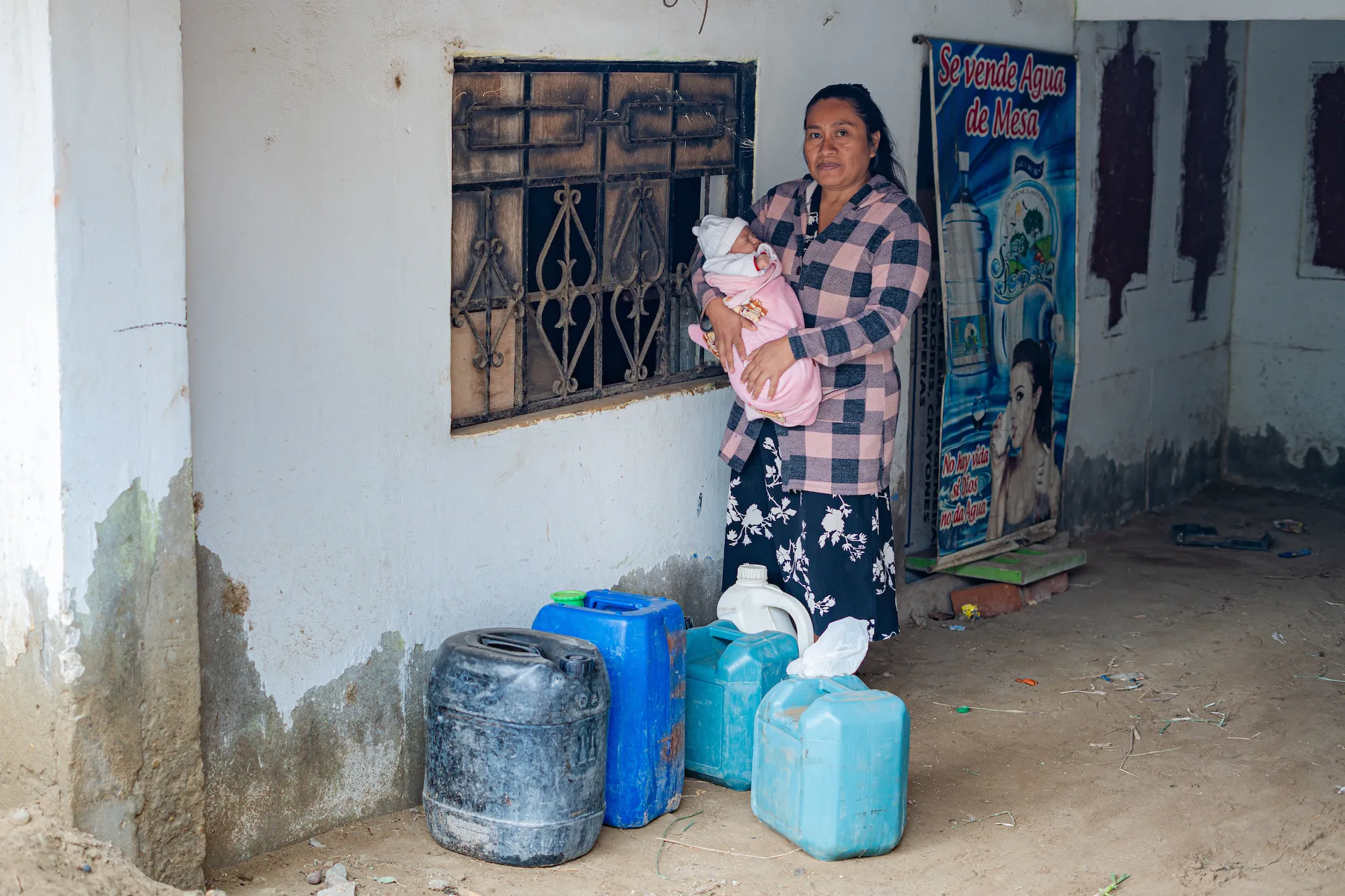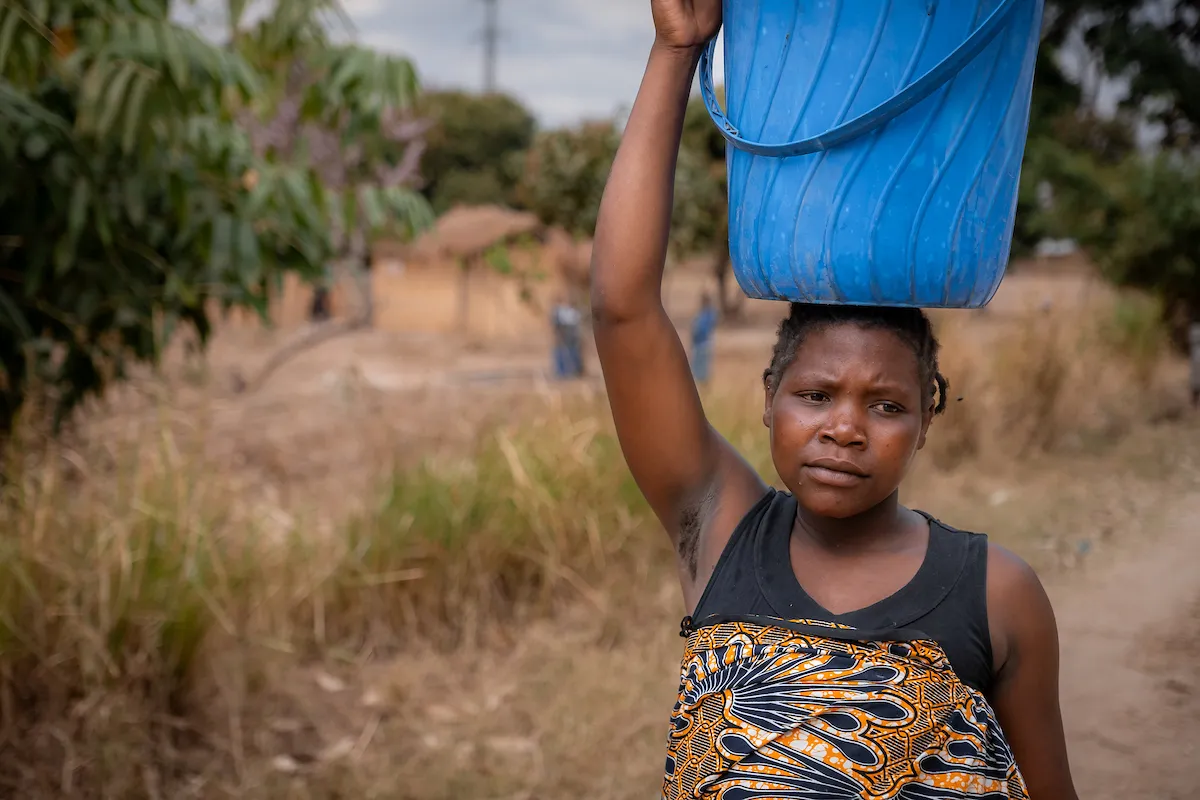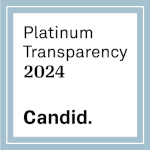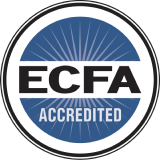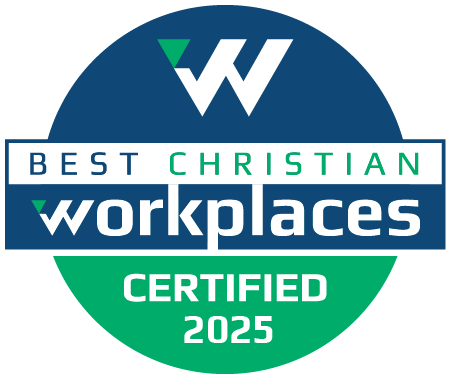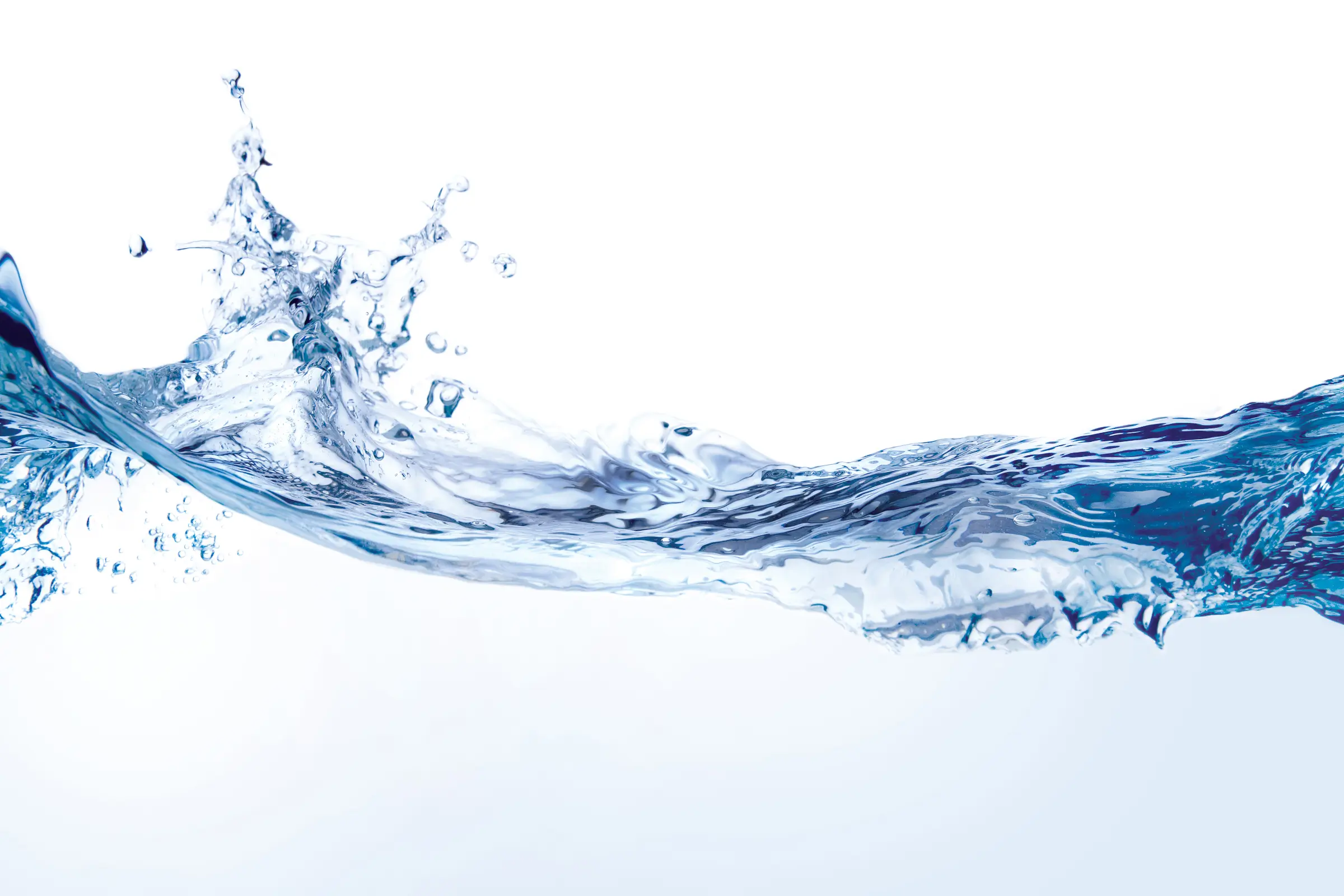Haiti: Transitioning Disaster Recovery to Community Building
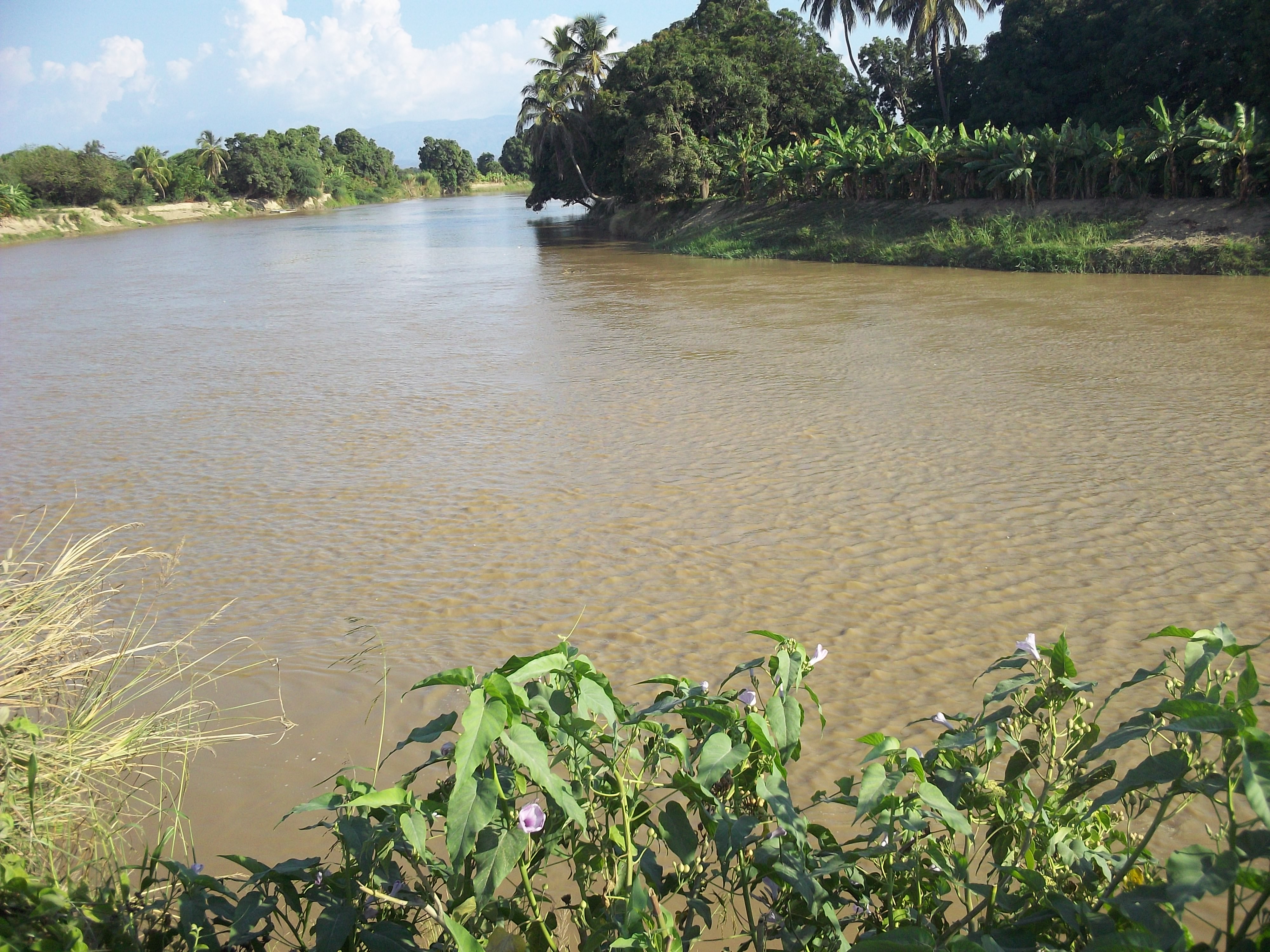 The River Artibonite was the epicenter of the cholera outbreak in Haiti following the 2010 earthquake.
During the cholera outbreak Water Missions International (WMI) responded to the critical need for safe water access, mobilizing disaster response filtration systems capable of purifying up to 10,000 gallons a day. Known as “The Miracle” in Dauphine, one such solar-powered system transformed muddy, contaminated water into clear, safe drinking water.
Two years after the earthquake, WMI realized the long term need for safe water in this community was beyond what a disaster response unit could provide. We approached our longstanding partners Grundfos and Food for the Poor about transitioning the disaster relief project into a long term community development system.
The River Artibonite was the epicenter of the cholera outbreak in Haiti following the 2010 earthquake.
During the cholera outbreak Water Missions International (WMI) responded to the critical need for safe water access, mobilizing disaster response filtration systems capable of purifying up to 10,000 gallons a day. Known as “The Miracle” in Dauphine, one such solar-powered system transformed muddy, contaminated water into clear, safe drinking water.
Two years after the earthquake, WMI realized the long term need for safe water in this community was beyond what a disaster response unit could provide. We approached our longstanding partners Grundfos and Food for the Poor about transitioning the disaster relief project into a long term community development system.
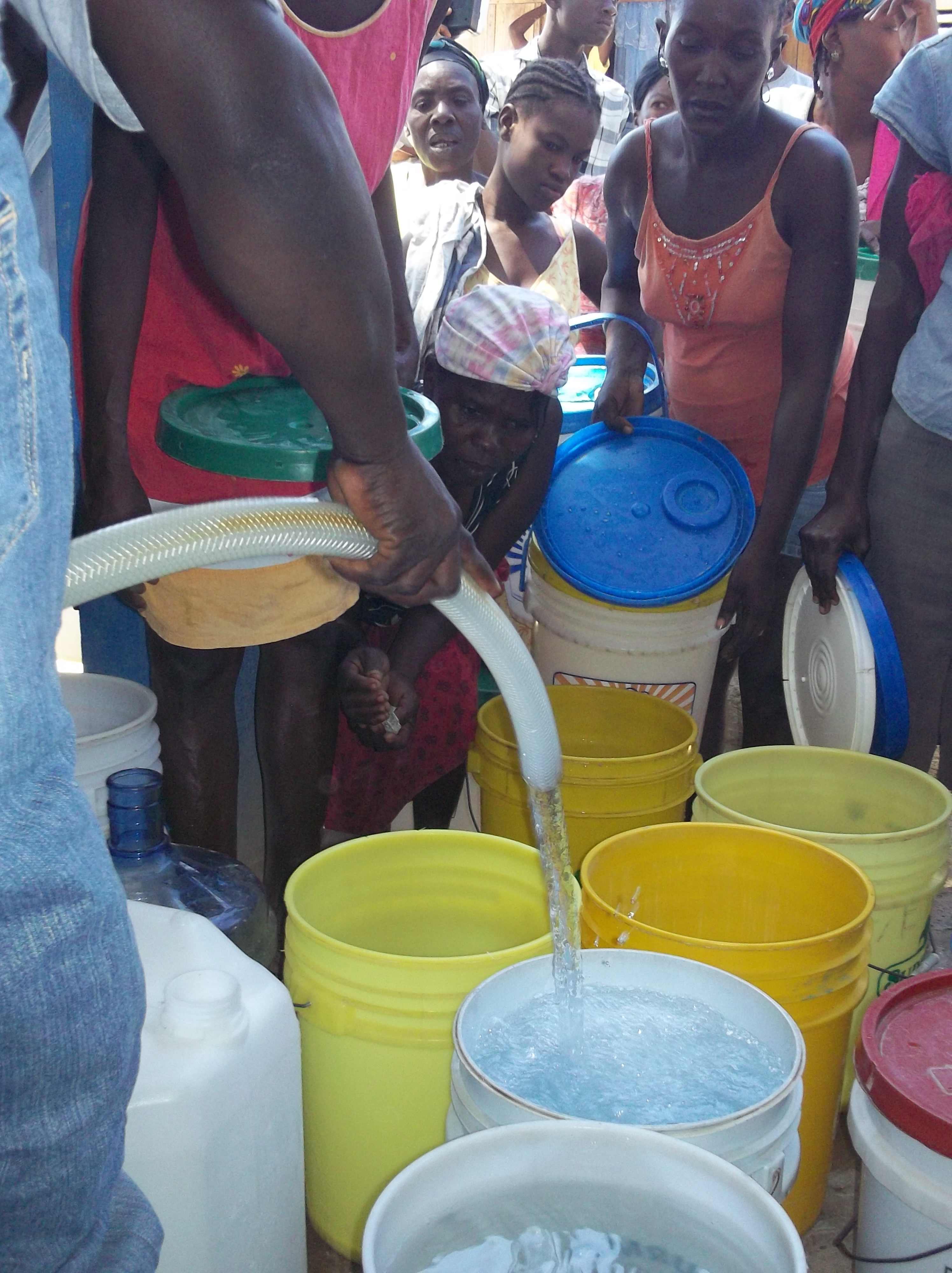 The people of Dauphine wait to fill their buckets with safe water.
To meet the specific need in Dauphine, WMI implemented our new TradeWater™ management model, an alternative to our standard approach. In this model, WMI manages the safe water solution, and hires and trains local community members to manage the operational, business and maintenance aspects of the project. WMI then tracks water usage with remote data monitoring, allowing technicians to know based on real time data monitoring how a system is functioning.
Grundfos LIFELINK technology is used to dispense water to the community with a secure payment structure. The managers sell prepaid SmartCards that store credits used to purchase water. These SmartCards make purchasing water easy and convenient, and also allow technicians to keep track of every transaction in a way that facilitates financial transparency for donors and funding organizations.
“The Dauphine TradeWater™ project is especially meaningful to Water Missions International because of the devastating impact of cholera in this community,” said George Greene IV, executive vice president of operations at Water Missions International. “The inherent infrastructure in this model allows us to directly monitor how the project is performing; enabling us to ensure that the community’s safe water needs are being met and further outbreaks are prevented. The world watched as cholera overtook Grande Saline after disaster struck Haiti in 2010, and with TradeWater™ we’re able to help make sure long-term relief and healing takes place.”
The people of Dauphine wait to fill their buckets with safe water.
To meet the specific need in Dauphine, WMI implemented our new TradeWater™ management model, an alternative to our standard approach. In this model, WMI manages the safe water solution, and hires and trains local community members to manage the operational, business and maintenance aspects of the project. WMI then tracks water usage with remote data monitoring, allowing technicians to know based on real time data monitoring how a system is functioning.
Grundfos LIFELINK technology is used to dispense water to the community with a secure payment structure. The managers sell prepaid SmartCards that store credits used to purchase water. These SmartCards make purchasing water easy and convenient, and also allow technicians to keep track of every transaction in a way that facilitates financial transparency for donors and funding organizations.
“The Dauphine TradeWater™ project is especially meaningful to Water Missions International because of the devastating impact of cholera in this community,” said George Greene IV, executive vice president of operations at Water Missions International. “The inherent infrastructure in this model allows us to directly monitor how the project is performing; enabling us to ensure that the community’s safe water needs are being met and further outbreaks are prevented. The world watched as cholera overtook Grande Saline after disaster struck Haiti in 2010, and with TradeWater™ we’re able to help make sure long-term relief and healing takes place.”
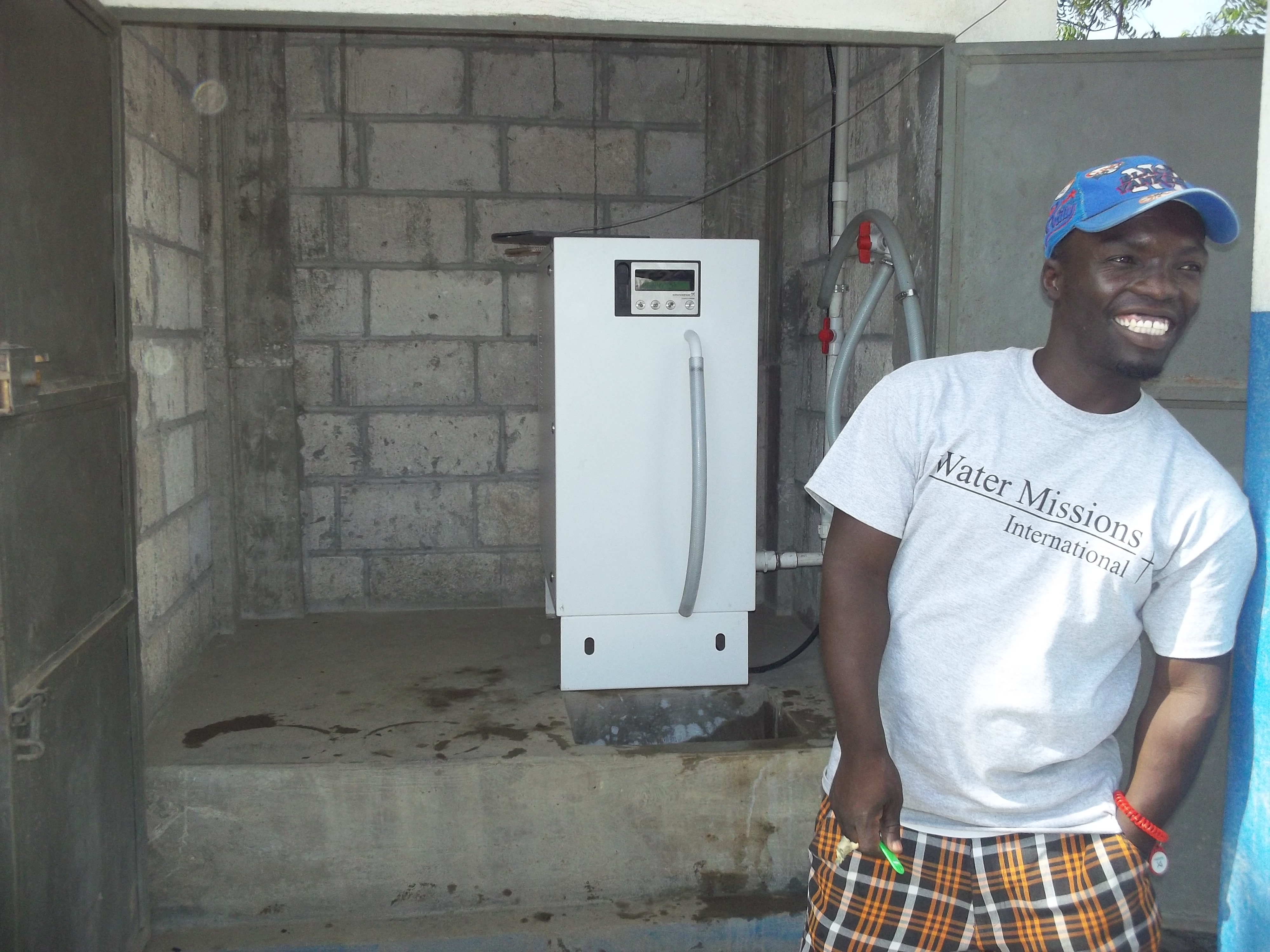 A Safe Water Operator stands with Dauphine’s LIFELINK system.
WMI is excited to continue to work with communities in need in Haiti, including transitioning temporary disaster response units into permanent projects. We hope that by providing safe water access, the cholera epidemic that has plagued this country can be overcome once and for all, with the same transformation that has happened in Dauphine.
A Safe Water Operator stands with Dauphine’s LIFELINK system.
WMI is excited to continue to work with communities in need in Haiti, including transitioning temporary disaster response units into permanent projects. We hope that by providing safe water access, the cholera epidemic that has plagued this country can be overcome once and for all, with the same transformation that has happened in Dauphine.
Related Impact Stories
